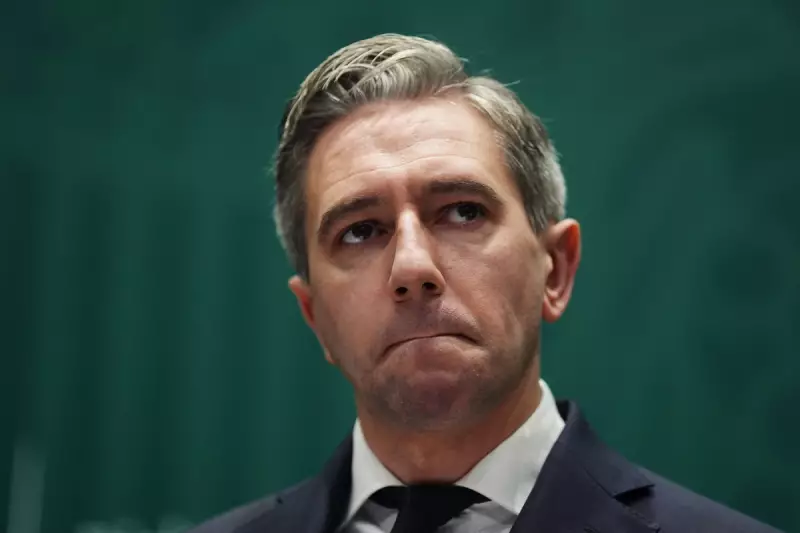
The Irish government has dramatically escalated its diplomatic response to the ongoing crisis in Gaza, summoning Israeli Ambassador Dana Erlich for urgent talks as the humanitarian situation continues to deteriorate.
Minister for Foreign Affairs Micheál Martin confirmed the high-level meeting, signalling Dublin's growing concern over what he described as the "devastating" impact of Israel's military operations in the Palestinian territory.
UNICEF Sounds Alarm on Child Casualties
The diplomatic move comes as UNICEF, the United Nations children's agency, revealed staggering statistics about the human cost of the conflict. According to their latest assessment, more than 3,400 children have been killed in Gaza since hostilities erupted following Hamas's October 7th attacks on Israel.
"The true scale of the child casualties is almost incomprehensible," a UNICEF spokesperson stated. "We're witnessing a catastrophic situation unfolding before our eyes, with children bearing the brunt of this conflict."
Ireland's Stance on Ceasefire and Humanitarian Access
Minister Martin has been increasingly vocal in his criticism of Israel's military approach, joining international calls for an immediate humanitarian ceasefire to allow aid to reach desperate civilians.
"The collective punishment of an entire population cannot be justified," Martin asserted, echoing concerns shared by numerous humanitarian organizations operating in the region.
Regional Tensions and International Response
The conflict has sparked tensions closer to home, with Irish police investigating an incident where protesters gathered outside the Israeli embassy in Dublin. While the demonstration remained largely peaceful, it underscores the deep public concern in Ireland about the escalating violence.
Ireland has historically maintained a position sympathetic to the Palestinian cause, and the current government appears to be strengthening this stance as the death toll in Gaza continues to rise.
Humanitarian Crisis Deepens
Beyond the immediate casualties, aid agencies warn of a growing humanitarian catastrophe with:
- Critical shortages of medical supplies and fuel
- Collapsing healthcare infrastructure
- Limited access to clean water and sanitation
- Widespread displacement of civilians
The situation has prompted calls from multiple international bodies for an immediate cessation of hostilities to allow life-saving aid to reach those most vulnerable.





